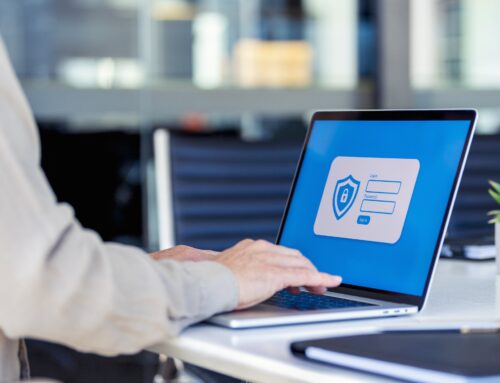
You might not rely on the internet or online services the same way a teenager or twenty-year-old might, and you may not identify as a “techy,” but you might be more technologically savvy and active online than you think. Retirees commonly use email and mobile smartphones and can be quite active on social media platforms. Even if that’s not you, have you had to log in to an online bank or investment account to check something or sign up online for a service of some sort? If so, then you have a digital presence that is worth considering and protecting.
With cybercrime increasingly affecting retirees, you may want to consider protecting your online accounts with cybersecurity measures. Cybersecurity starts with simply making sure you are aware of how to recognize certain online behavior and know the best practices for keeping your information safe.
Are You at Risk Online?
You might be wondering, “Why does cybercrime pertain to me if I don’t use the internet as much as others?” While a fair assumption, cybercriminals target under-used or dormant accounts to get your password information and other personal data. If you have an account you don’t use or don’t check up on often, hackers target those given you’re not monitoring its activity. Once they have your account information, they can try to log in to other accounts to see if you use the same password for multiple sites.
For example, if you have an online shopping account you don’t check, a hacker might get into that account and buy things without you knowing. If you’re less active online or with certain accounts, you may not even notice when it’s happening. Other cybercrime might come in the form of a phone call saying they are your bank or the government, asking you to confirm personal information on the spot.
How Can You Protect Yourself?
For starters, keep these tips in mind:
Check the source. If you get directed to a website claiming it’s an established company, but the link has a misspelling or it doesn’t match the official company website link, it might be a scam.
How do you feel? Any reputable company, institution, or online service will not try to make you panic or pressure you into giving information. If you feel pressured by an email or a phone call, it’s probably a scam.
Lastly, keep your passwords in check. Change your passwords regularly, makes sure they aren’t easy to guess, keep personal information or numbers out of them, use as much randomness as possible, and store them on paper, not your computer, mobile device, or online.






